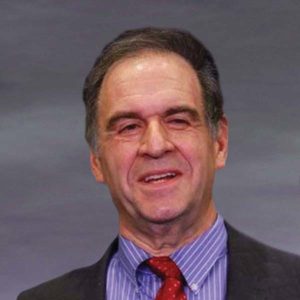Credit: CBS
Little will be learned from the latest Tesla TV clowning. Elon Musk’s recent 60 Minutes appearance showed his routine dodging, debating and denial. Apparently, Musk needed to remind us that his irreverent image making is very important to him—just as it was to other great innovators. Thomas Edison, Henry Ford, Steve Jobs, were all unrelenting self-promoters as well as inventors.
However, so too were game pioneer Nolan Bushnell of Atari, first PC creator Adam Osborne and web browser pioneer Marc Andreessen of Netscape. They all started to fuel the press over their prescience and started to believe it. This left their firms vulnerable to it next stage of life. As a result, many of these high energy start-ups are gone despite their disruptive contributions.
Like other brilliant inventors, Musk’s audacity inspired some to believe in his ability to accomplish the impossible. We saw such a flash in his tease that he might buy the soon to be shuttered iconic GM Lordstown factory. His success as a revolutionary carmaker, ingenious tech titan, and entertaining entrepreneur are roles he has loved—even when they often fell out of needed balance. At this stage of Tesla’s life, however, the pressure is on for him to prove himself capable of growing with his business—as did Andy Grove of Intel, Bill Gates of Microsoft, and Michael Dell.
This means demonstrating stability and reliability—not just disruption. This means he needs to provide reassurance regarding accuracy in financial reports, accountability to his fellow owners, respect for legal guidelines, secure production volume, reliable quality, quality delivery, safe work conditions, and diligent governance oversight. Instead, he’d rather march around in kiddie cowboy boots in a slow burn tantrum chafing over questions relating to these appropriate topics.
In reaction to Musk’s misleading statement to investors this fall, the SEC forced him out as chairman, fining both Musk and the company. Yet, he was hardly contrite on TV regarding his unconstrained erratic impulses. He was unapologetic about missed volume projections, false plans to take the company private at inflated stock prices, and his insulting verbal attacks on those who dare to question him.
Musk bragged that despite changes to Tesla’s board and the SEC requirements, he “can get anything done that he wants” because he is the largest shareholder. He added that he “does not respect the SEC.” He rejected the evidence on workplace safety issues and the high turnover of key personnel, or questions over its technological currency and Musk admitted he alone selected the new chair, a longstanding board member, because he is the largest shareholder.
The new breed of technology titans like Elon Musk and Mark Zuckerberg believe that they are not accountable to anyone with their governance control, having learned lessons from Apple founder Steve Jobs’ initial ouster. But they all became very wealthy on other people’s money. In fact, Musk does not own 88 percent of his company.
Even more importantly, however, these no-longer wunderkind leaders move from enfant terrible titans to just plain terrible tyrants when they fail to grow with these businesses. Sounding like Peter Pan pouting defiantly “I won’t grow up!” Musk told 60 Minutes anchor Leslie Stahl, “I don’t want to adhere to some CEO template.”
Related: Why Elon Musk Isn’t Going Anywhere—At Least Not Right Away







